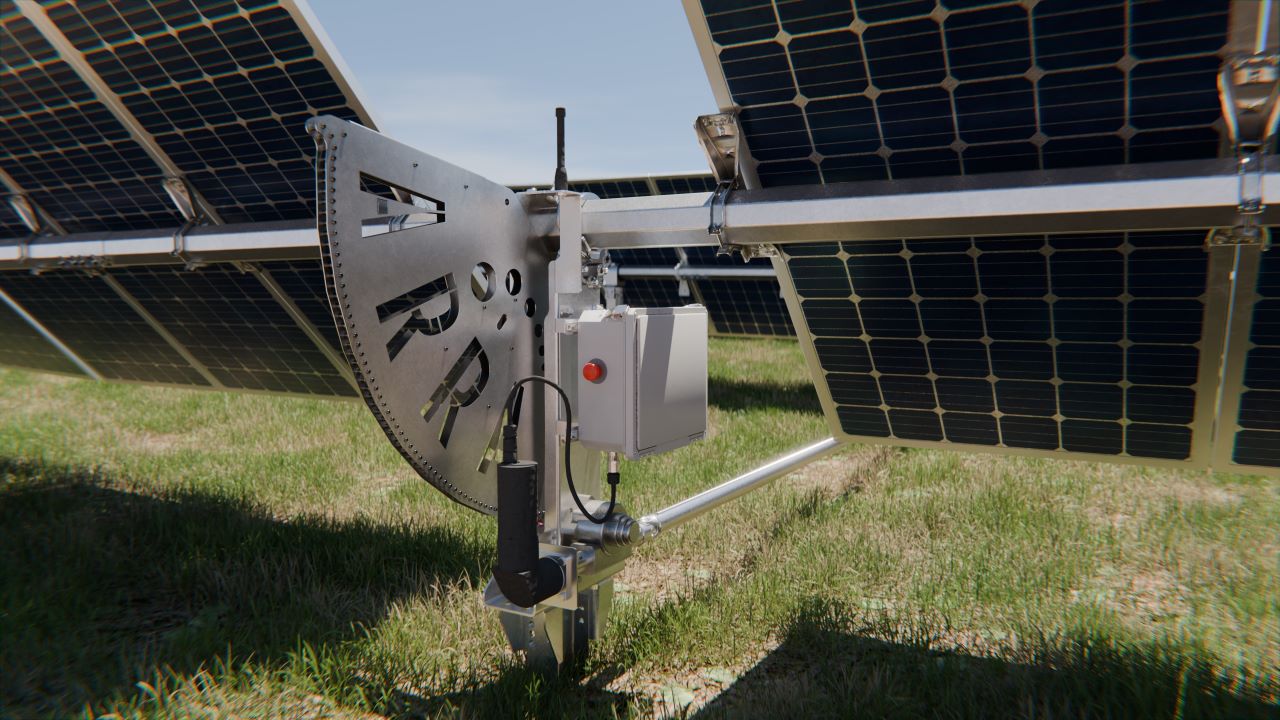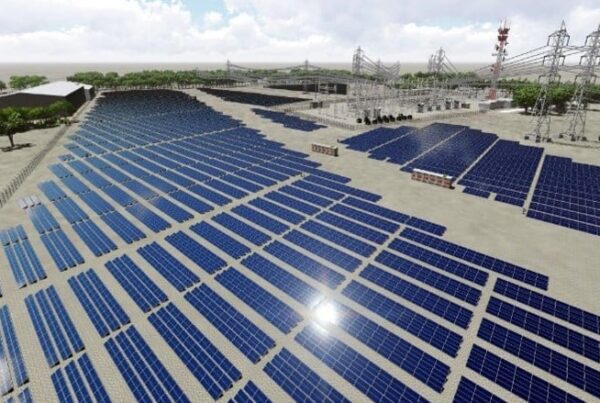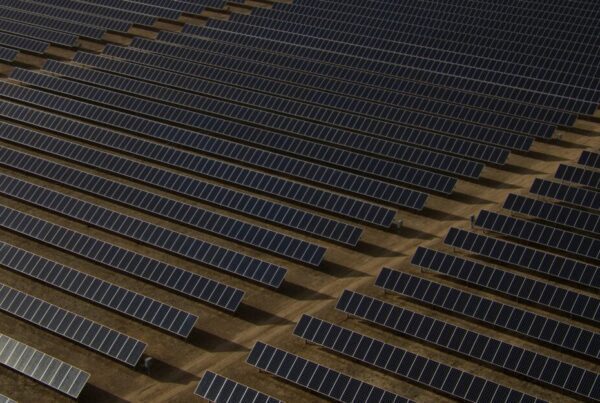Q2 2024 revenue was US$255.8 million, up from US$153.4 million in Q1. However, revenue in Q2 2024 was just over half that posted in the same period 2023: US$507.7 million.
Adjusted EBITDA was US$55.4 million, a sequential increase from US$26.2 million in Q1 but down significantly from US$155.5 million in Q2 2023. Net income for the quarter attributable to common shareholders was US$12 million, with adjusted income per share of US$0.20.
Array Technologies’ CEO, Kevin Hostetler, said: “We finished the second quarter with strong performance and execution and are pleased with the continued demand we’re seeing in our high-probability pipeline. Our order book remains healthy at over US$2 billion and we’re encouraged by our customers’ interest in our portfolio of products and services and the longer-term tailwinds supporting utility-scale solar as one of the lowest-cost options to satisfy rapidly growing energy needs.”
Earlier this week, the company launched a new wireless tracker system, SkyLink, which it claims can increase flexibility and optimisation possibilities for solar arrays. The trackers are less reliant on the power grid, and can subsequently move independently to respond to weather conditions.
When reporting the company’s earnings, Hostetler said that some headwinds had been affecting the market: “While we’re seeing positive long-term momentum in the market, our customers continue to report struggles with short-term dynamics causing project delays, which has caused us to reduce our revenue outlook for the year.
“Notably, the recent AD/CVD petitions and the interpretation of the new IRA domestic content elective safe harbour table are new factors that have created some uncertainty in the US market and changed timelines for some customers’ projects.”
The antidumping and countervailing duty (AD/CVD) petitions introduced in May have cause price and supply uncertainty for project developers. If successful, tariffs will be placed on solar cells imported from Southeast Asian countries (four major suppliers to the US) which analyst firm Clean Energy Associates (CEA) has said could cause a cell supply bottleneck and raise both imported and US-made PV module prices.
Array Technologies is affected by the domestic content tax credit because of its US manufacturing presence. Some of the guidance on the scheme is currently unclear.
Hostetler continued: “Internationally, we’ve also witnessed a rapid devaluation of the Brazilian Real which has caused developers to delay projects in Brazil as they work through renegotiating power purchase agreements. Within this challenging environment, we continue to focus on setting Array up for success to support growth in 2025 and beyond, and remain confident in our operational execution, continued innovation through new product launches like SkyLink, and enhanced customer and industry engagement.”
Forecasting to the full year 2024, the company expects revenue to be in the range of US$900 million to US$1,000 million, adjusted EBITDA to be in the range of US$185 million to US$210 million and adjusted net income per share to be in the range of US$0.64 to US$0.74.





